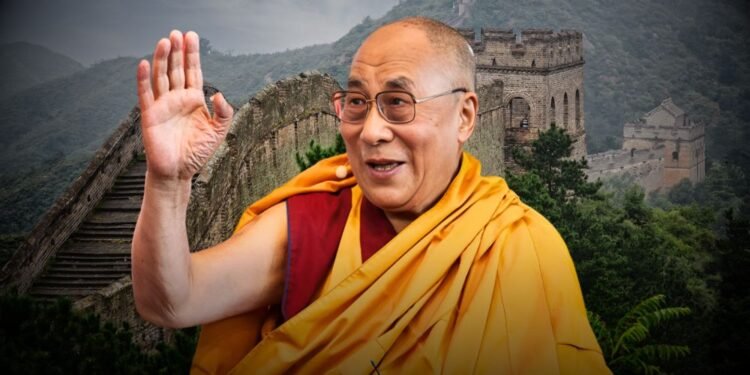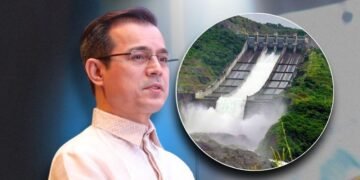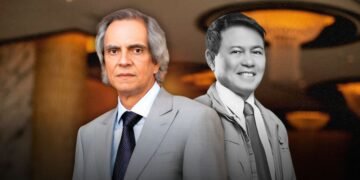The message from Dharamshala is clear: the next Dalai Lama will not be chosen by any government but by the same sacred process that has guided Tibetan Buddhism for generations.
As the Dalai Lama celebrated his 90th birthday this week, the Tibetan spiritual leader made a firm declaration that has once again drawn the world’s attention to the future of Tibetan Buddhism: his successor will be named after his death, not by any state, but by the institution he built.
In a pre-recorded message played during a three-day celebration in Dharamshala, India, home to the Tibetan government-in-exile, the Dalai Lama reaffirmed that the Gaden Phodrang Trust, a non-profit he established in 2011, will take charge of identifying his reincarnation.
The message comes at a crucial time, as international focus grows on the eventual transition of one of the world’s most recognized spiritual leaders.
“The decision regarding the next Dalai Lama lies with the Tibetan people, and no one else—not even China,” he said in the video. This statement echoed sentiments he has repeatedly made in past years but is now formalized as he steps further into his 90s.
Tibetan Buddhism holds that the Dalai Lama is a tulku, or a reincarnated lama. Upon the death of the current Dalai Lama, senior monks traditionally locate his next incarnation based on signs, visions, and spiritual rituals— a process with centuries of precedent.
However, China’s government has long insisted that it has the sole legal authority to approve any future Dalai Lama, citing its control over Tibet since the 1950s and a centuries-old practice known as the Golden Urn system.
The current Dalai Lama fled to India in 1959 following a failed uprising against Chinese rule in Tibet. He has since become the face of the Tibetan exile movement and a global advocate for peace and nonviolence.
But with his advancing age, questions surrounding succession have intensified within the religious community and among global governments and rights groups concerned about Beijing’s tightening control over religion in Tibet.
The Trust at the Center
The Gaden Phodrang Trust, based in Dharamshala, was created to support the Dalai Lama’s religious and cultural work. It is also now the body entrusted with guiding the process of locating his successor. Its emergence as the official authority on reincarnation bypasses any need for state involvement, particularly from China.
This approach is a strategic move to safeguard the spiritual integrity of the selection process. By clearly designating a trusted institution to oversee his reincarnation, the Dalai Lama draws a line between spiritual tradition and political interference.
China’s Stand
Beijing, on the other hand, maintains that the central government must approve any new Dalai Lama. In 1995, China installed its own Panchen Lama— a position considered key to identifying the next Dalai Lama— after detaining the boy recognized by the Dalai Lama. That state-appointed Panchen Lama is still rejected by many Tibetan Buddhists.
Chinese officials argue that recognition of reincarnated lamas has long been under imperial and, now, state control. Critics call this an attempt to legitimize its political authority in Tibet by co-opting religious leadership.
What’s next?
Despite speculation that he might name a successor before his death, the Dalai Lama has made it clear: the traditional process will take place after he dies. This shifts focus to how the succession will unfold and who will accept the outcome.
Analysts expect that two successors could emerge: one recognized by Tibetan Buddhist institutions outside China, and another sanctioned by the Chinese state. Such a split would echo the situation with the Panchen Lama and could further complicate the political and religious landscape of Tibetan Buddhism.
The Dalai Lama also hinted in earlier years that his successor may be born outside of Tibet, further reducing China’s potential influence in the process.
This phenomenon is more than a distant religious affair. It’s about who gets to define spiritual leadership in a rapidly shifting geopolitical climate. As the world watches for what comes after the 14th Dalai Lama, the announcement serves as a reminder that even ancient traditions must now navigate the realities of global politics.











